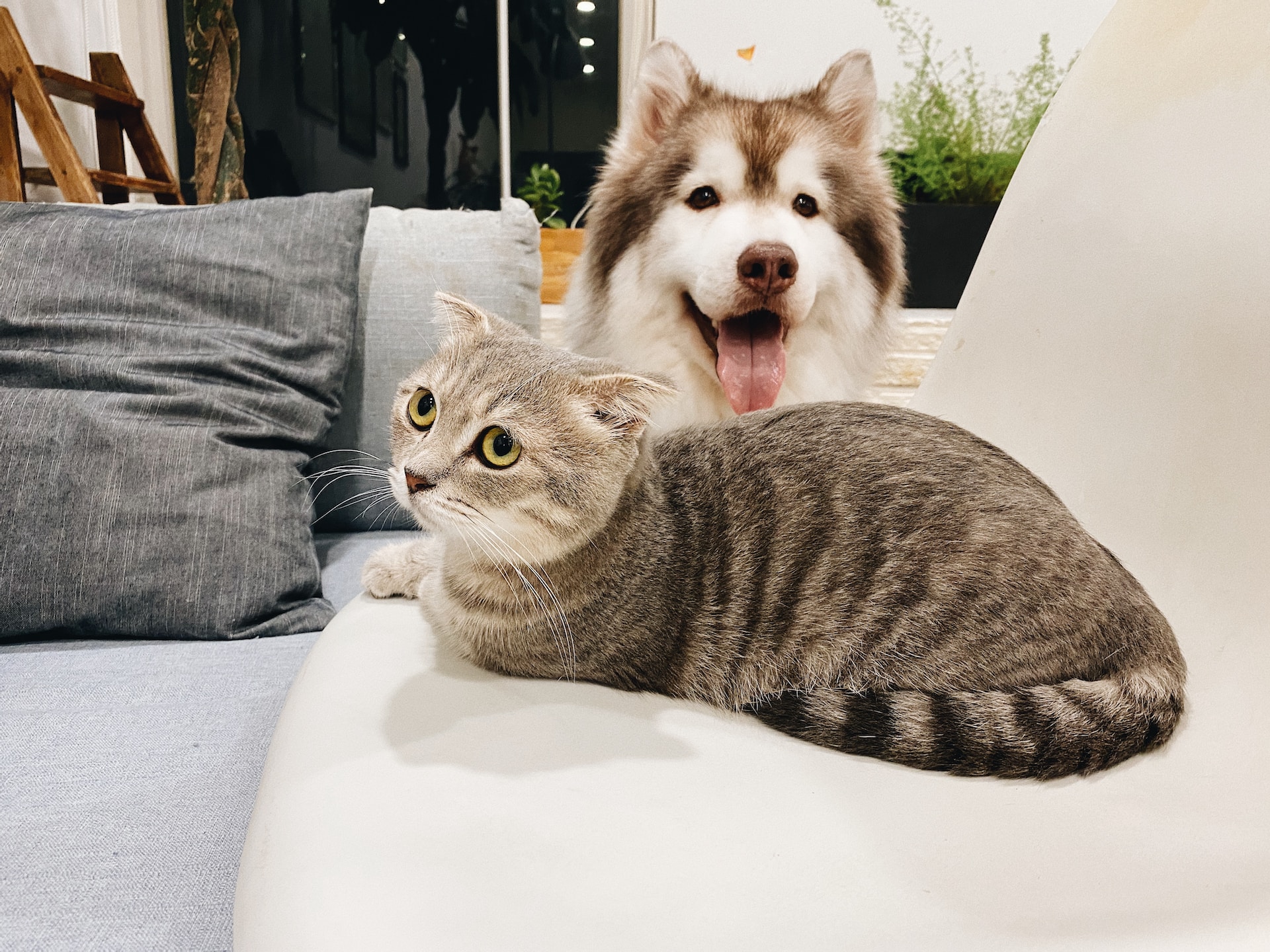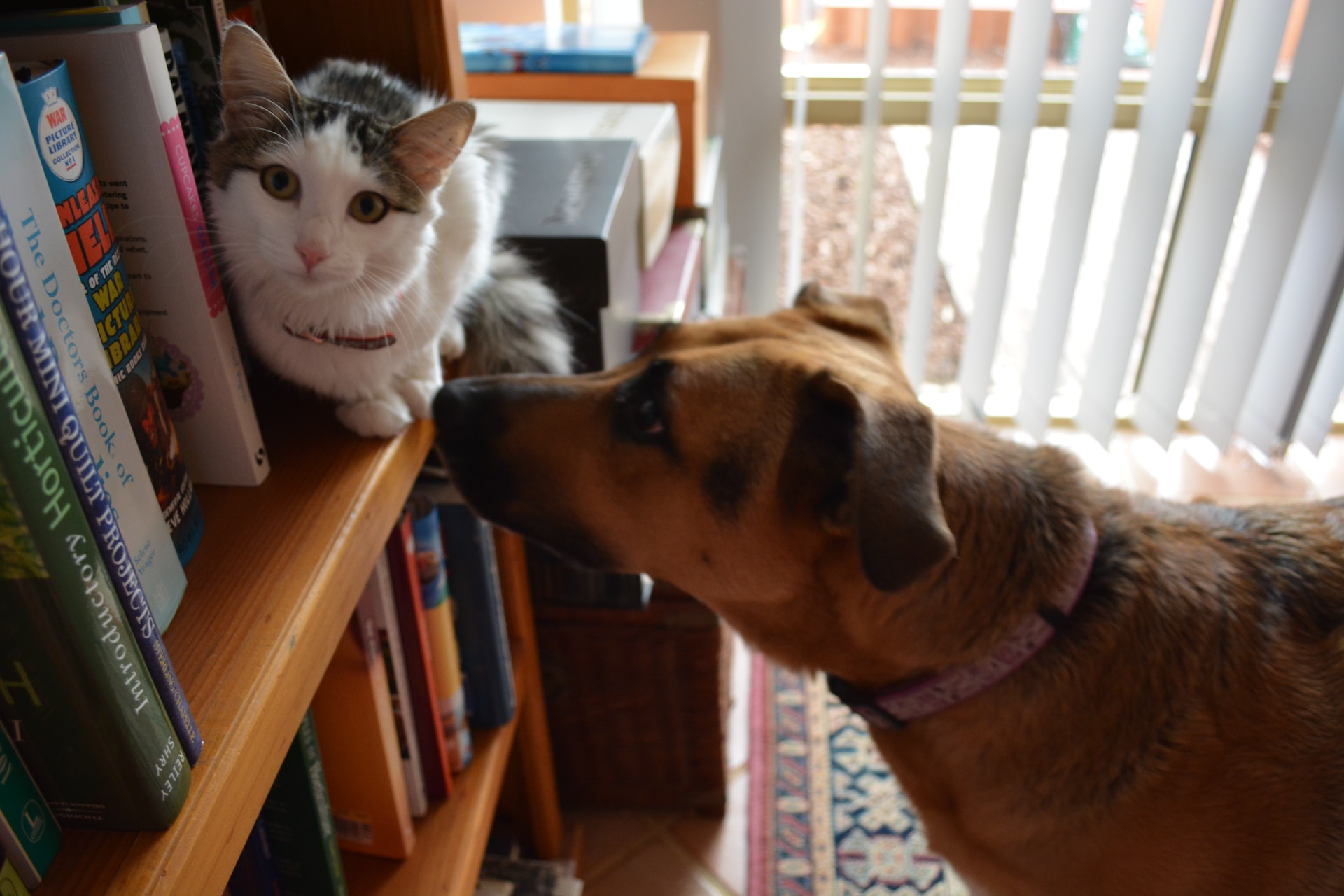
Are you wondering about the importance of dental care for your beloved furry companions? Well, you’ve come to the right place! Just like humans, dental care is crucial for dogs and cats to maintain a healthy smile and overall well-being. Regular dental care for pets can prevent dental diseases and ensure their teeth and gums stay in tip-top shape.
To keep your pet’s dental health in check, there are various dental care products for cats and dogs. Whether you have a small, older, or senior dog, there are products tailored to their unique needs. From toothbrushes and toothpaste to dental treats and water additives, these dental care products for dogs can make the process easier and more enjoyable for your furry friends.
By incorporating dental care into your pet’s routine, you can prevent dental issues such as plaque buildup, gum disease, and bad breath. Plus, maintaining good oral hygiene can have positive effects on their overall health, reducing the risk of other systemic problems.
Stay tuned as we delve into the world of dental care for pets, sharing expert tips, techniques, and product recommendations to help you keep those pearly whites shining bright and ensure your pets enjoy a lifetime of healthy smiles.

Which are the common dental problems for pets?
Dental care is essential for pets of all ages, including small, older, and senior dogs. By using appropriate dental care products for cats and dogs and maintaining a consistent dental hygiene routine, you can help prevent these common dental problems and ensure your furry friends enjoy healthy mouths and sparkling smiles.
· Plaque and Tartar Buildup
Just like humans, pets are prone to plaque and tartar buildup on their teeth. Without proper dental care, this can lead to dental problems such as gum disease, tooth decay, and bad breath. Regular brushing with pet-friendly toothpaste and using dental chews can help control plaque formation.
· Periodontal Disease
Periodontal disease is a common dental problem in pets. It affects the gums and the structures supporting the teeth. If left untreated, it can lead to tooth loss and serious health issues. Regular dental check-ups, professional cleanings, and diligent home care are essential in preventing and managing periodontal disease.
· Broken or Fractured Teeth
Dogs and cats can easily break or fracture their teeth, especially when chewing on hard objects or due to accidents. Broken teeth can be painful and may require extraction or other dental procedures. Avoid giving your pets hard chew toys or bones that can potentially damage their teeth.
· Tooth Infections
Tooth infections can occur when dental issues, such as cavities or cracks, are left untreated. These infections can cause pain, discomfort, and even spread to other parts of the body. Regular dental examinations can help identify and address tooth infections early.
· Oral Tumours
Pets, particularly older dogs, can develop oral tumours or growths in their mouths. These can be benign or malignant and can impact their dental health. Regular dental check-ups play a vital role in detecting any abnormalities or tumours, ensuring prompt medical attention if needed.
· Bad Breath (Halitosis)
Persistent bad breath is often a sign of underlying dental problems in pets. While some degree of odour is normal, excessively foul breath can indicate issues like gum disease, infections, or tooth decay. Regular dental care, including brushing and professional cleanings, can help combat bad breath and promote fresh-smelling breath.

Dental care routine for dogs
Dental care for dogs is essential for their overall health and well-being. Remember, dental care for small dogs would vary slightly from dental care for senior dogs. By following these tips and being consistent with your dental care routine, you can help your dog maintain a healthy and happy smile for years to come.
1. Brush Those Teeth: Invest in a toothbrush and toothpaste specifically designed for dogs. Brush your dog’s teeth at least two to three times a week, using gentle circular motions. Start gradually and reward your dog with praise and treats to make the experience more positive.
2. Choose the Right Dental Products: Look for the best dental care products for dogs. Dental chews, dental wipes, and water additives can complement your brushing routine and help reduce plaque and tartar build-up.
3. Monitor Their Diet: Feeding your dog high-quality, balanced food can contribute to their overall dental health. Avoid excessive sugary treats and opt for dental treats that promote chewing, as they can help scrape away plaque.
4. Regular Dental Check-ups: Schedule regular visits to the veterinarian for dental examinations. Your vet can identify any dental issues early on and perform professional cleanings if necessary. Dental care for older dogs and senior dogs is extremely crucial, as they may be more prone to dental problems.
5. Chew on Dental-Friendly Toys: Provide your dog with dental-friendly toys that promote chewing. These toys can help remove plaque and keep their teeth clean. Look for toys that are sturdy and safe for your dog to chew on.
6. Be Observant: Keep an eye out for signs of dental problems, such as bad breath, bleeding gums, or difficulty eating. If you notice any abnormalities, consult your veterinarian promptly.
Best dental care products for dogs
When it comes to keeping your furry friend’s teeth clean and healthy, choosing the right dental care products is crucial. Here are six top-notch dental care products for dogs that you should consider:
Dog-Specific Toothbrush and Toothpaste: Invest in a toothbrush and toothpaste designed specifically for dogs. The toothbrush should have soft bristles and a comfortable handle for easy manoeuvring. Dog toothpaste comes in flavours like poultry or beef, making brushing more enjoyable for your pup.
Dental Chews: Dental chews are not only tasty but also help reduce plaque and tartar build-up. Look for dental chews that have a texture designed to scrub your dog’s teeth as they chew. These chews provide a fun and interactive way to promote dental health.
Dental Wipes: Dental wipes are a convenient alternative to brushing, especially if your dog is not comfortable with a toothbrush. These wipes are gentle and can be used to wipe away plaque and freshen breath.
Water Additives: Dental water additives are simple to use. Just add them to your dog’s drinking water, and they help fight bacteria and freshen breath. They are a great addition to the routine of dental care for older dogs, especially if your dog doesn’t tolerate brushing.
Tartar Control Treats: Tartar control treats are designed to promote chewing, which helps reduce plaque and tartar. Look for treats that are specially formulated for dental health and contain ingredients that support oral hygiene. This is a good option to ensure better
Dental care for senior dogs.Dental Toys: Dental toys, such as chew ropes or rubber toys with textured surfaces, can help remove plaque and keep your dog’s teeth clean. These toys provide mental stimulation and satisfy their natural chewing instincts while improving dental health.

Dental care routine for cats
Maintaining a dental care routine for your feline friend is essential for their oral health. Here are six tips to help ensure best dental care for cats:
1. Introduce Toothbrushing Gradually: Start by getting your cat accustomed to the idea of toothbrushing. Begin by gently touching their gums and teeth with your finger. Gradually introduce a cat-specific toothbrush and toothpaste. Remember to use toothpaste formulated specifically for cats, as human toothpaste can be harmful to them.
2. Brush Your Cat’s Teeth: Aim to brush your cat’s teeth at least two to three times a week. Use a cat toothbrush with soft bristles and gentle circular motions. Be patient and reward your cat with treats or praise to make the experience more positive.
3. Dental Treats and Toys: Incorporate dental treats and toys into your cat’s routine. Look for treats that promote dental health and help reduce plaque and tartar build-up. Dental toys, such as interactive puzzle toys or textured chew toys, can also aid in maintaining dental hygiene.
4. Regular Dental Check-ups: Schedule regular veterinary check-ups to monitor your cat’s dental health. Your vet can assess the condition of your cat’s teeth and gums, perform professional cleanings if necessary, and address any dental issues.
5. Monitor Your Cat’s Diet: Opt for high-quality cat food that supports dental health. Wet food can stick to teeth, so supplement with dry kibble or dental-specific diets. Avoid sugary treats and offer dental treats instead.
6. Be Alert to Dental Problems: Keep an eye out for signs of dental issues such as bad breath, swollen gums, or reluctance to eat. If you notice any abnormalities, consult your veterinarian promptly for a proper diagnosis and treatment.
Best dental care products for cats
When it comes to your dental care for pets, choosing the right products can make a big difference. Here are five top-notch dental care products for cats:
Cat-Specific Toothbrush and Toothpaste: Invest in a toothbrush and toothpaste formulated specifically for cats. The toothbrush should have soft bristles and a small head for easy access to your cat’s mouth. Cat toothpaste comes in flavours like poultry or fish, making it more appealing for your furry friend.
Dental Treats: Dental treats for cats are not only tasty but also help reduce plaque and tartar build-up. Look for treats that have a texture designed to scrub your cat’s teeth as they chew. These treats provide a delicious way to promote dental health.
Dental Wipes: Dental wipes are a convenient alternative to toothbrushing, especially if your cat isn’t comfortable with brushing. These wipes are gentle and can be used to wipe away plaque and freshen breath. One of the best dental care products for cats.
Water Additives: Dental water additives are a simple way to support your cat’s oral health. Just add them to your cat’s drinking water, and they help fight bacteria and freshen breath. They are a great addition to your cat’s dental care routine.
Dental Toys: Dental toys for cats, such as textured chew toys or interactive toys with bristles, can help remove plaque and massage your cat’s gums. These toys provide mental stimulation while promoting dental health.

Conclusion
Taking care of your pet’s dental health is an important aspect of their overall well-being. By establishing a standard process for dental care for pets and using the right products, you can help prevent dental problems and maintain a healthy smile for your furry friend. Whether it’s brushing their teeth, providing dental treats, or incorporating dental toys into playtime, your efforts can make a significant difference.
Regular veterinary check-ups and being attentive to any signs of dental issues are also crucial. Remember, dental care for pets, whether cats or dogs, is a lifelong commitment. With consistent care and a little extra attention, you can ensure that your beloved companion enjoys excellent dental health for years to come. So, let’s make dental care a priority and keep those tails wagging and purrs rumbling with bright, healthy smiles!
Tags: Dental care for pets, dental care products for cats, dental care products for dogs, dental care for small dogs, dental care for older dogs, dental care for senior dogs.

